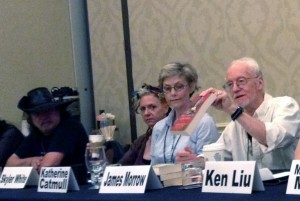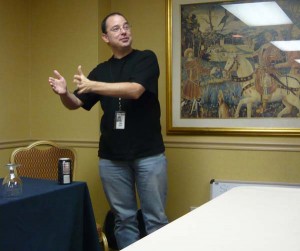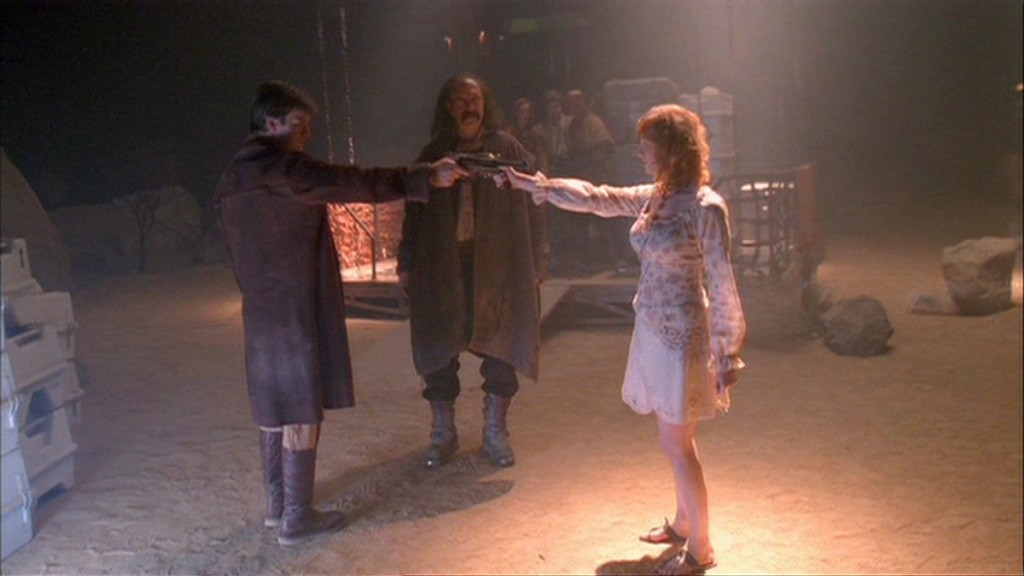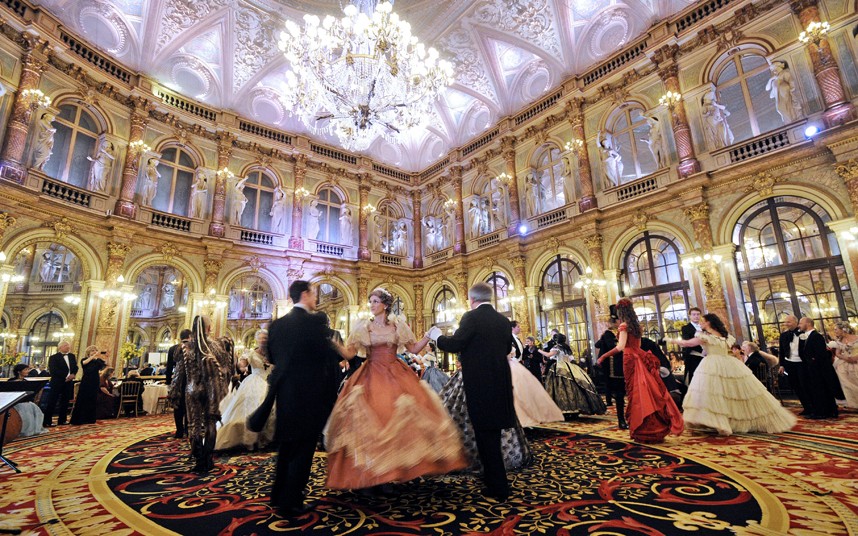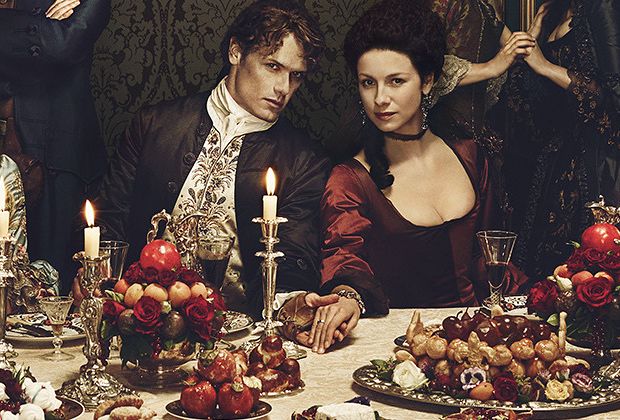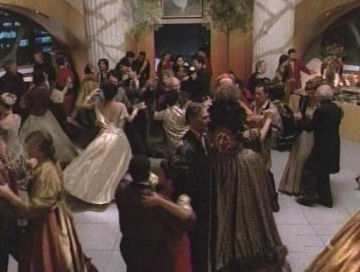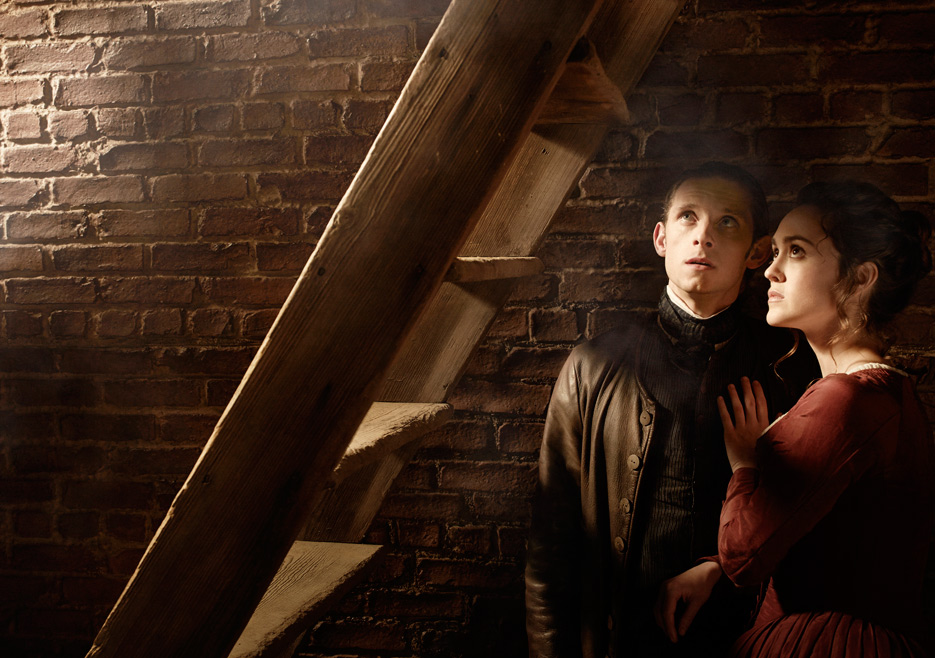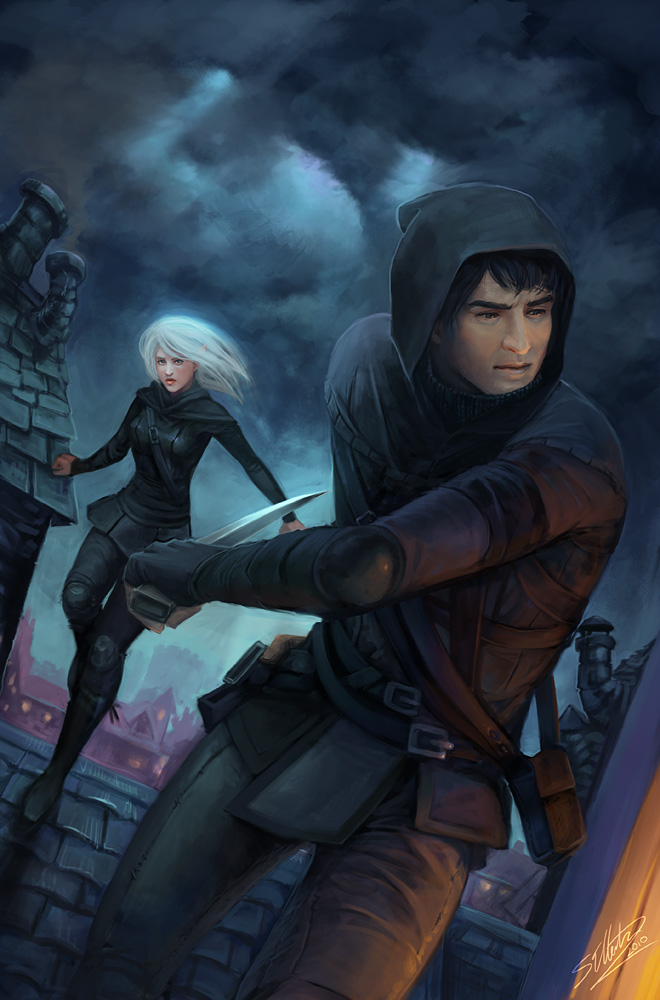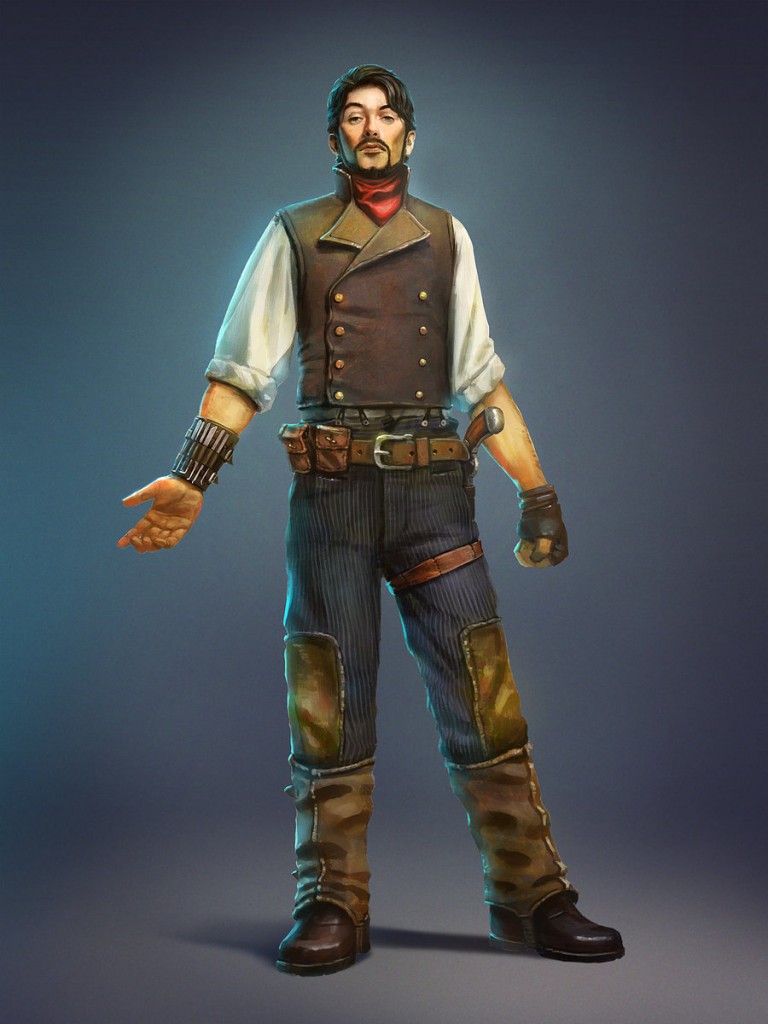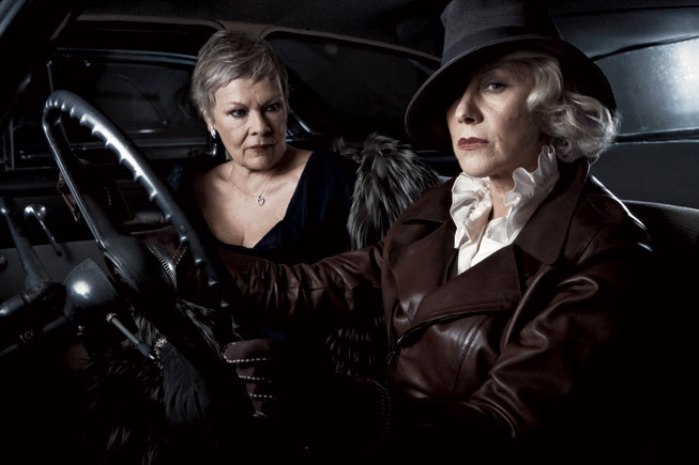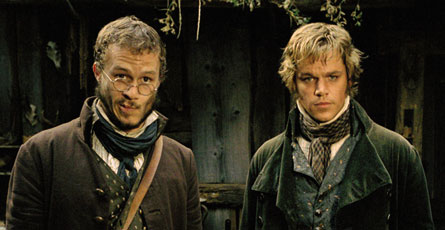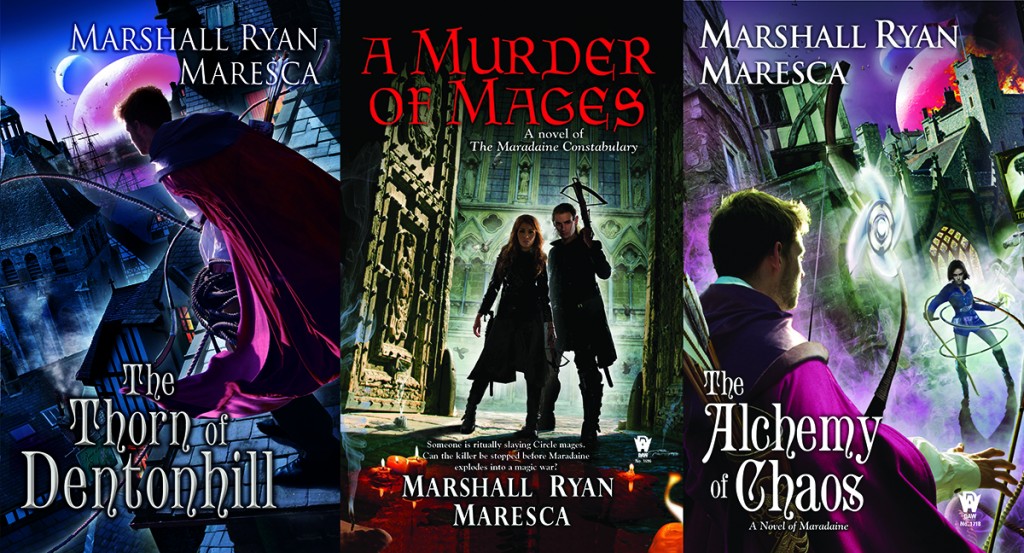I have some writer friends who tell me they never read their reviews.
I honestly have no idea how you can do that.
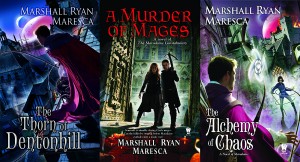 Like, I can keep myself from interacting with the reviewers. I know that a review is not an invitation for a dialogue. Even when, for example, a dialogue breaks out from a review. More than once I've seen a review that pointed out something the reviewer found a negative (which: their opinion, fair enough), and then a reader grabbed onto that negative and extrapolated it to an extreme. For a sense of the sort of thing I'm talking about (but not an actual example):
Like, I can keep myself from interacting with the reviewers. I know that a review is not an invitation for a dialogue. Even when, for example, a dialogue breaks out from a review. More than once I've seen a review that pointed out something the reviewer found a negative (which: their opinion, fair enough), and then a reader grabbed onto that negative and extrapolated it to an extreme. For a sense of the sort of thing I'm talking about (but not an actual example):
Reviewer: I did sometimes feel frustrated because the protagonist made some dumb choices, even though they were choices that were true to the character.
Comment: Ugh! I can't stand books with IDIOT PROTAGONISTS. WILL NOT READ.
While this is not a real example, it's not an exaggeration of what I've seen. It feels like watching a game of broken telephone-- someone interprets a thing one way, and then someone else interprets their interpretation even further in that direction, so now you're seeing this ill-formed, uninformed opinion of your work, and you want to try to course correct it...
But really all you can do is twist your hands to try to psychically move the bowling ball away from the gutter. You sent the book out there already, and opinions are going to form, regardless of what you want. Regardless of what you intended the takeaway from your book to be, people are going to take their own thing. They're going to read the same thing and come out with very different feelings. Thorn and Murder have both been praised for rich, elaborate worldbuilding and criticized for thin, hollow worldbuilding. Neither reviewer is more "right" than the other (though I could tell you which one I agree with more). I've seen reviews that make me feel that the reviewer was being sloppy in their reading, or that they inserted some of their own biases-- but that also makes me wonder if I was sloppy in my writing, or started with my own presumptions.
The main thing for me is, I always read them, and I always look to see what I can learn and what I can use in order to improve my craft. Because what's the point of doing this if we're not striving to get better as we go?
